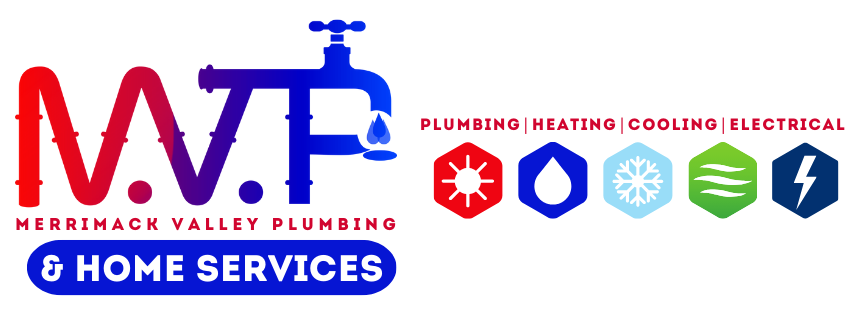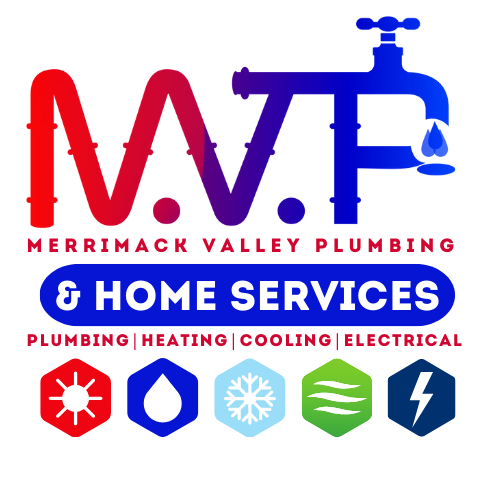Key Considerations for Home Generator Installation
When considering the installation of a generator in your home, it’s essential to understand the variety of features that can enhance its functionality and efficiency. A generator is not merely a backup power source; it's an investment in your home’s comfort and security. Homeowners should have a clear idea of their power needs, budget, and specific requirements before embarking on this journey. This article will guide you through the key features to consider, ensuring that you make an informed decision that aligns with your lifestyle.
Assessing Your Power Needs
Before delving into the specifics of generator features, it's vital to assess your power needs. How much energy will you require in the event of an outage? To determine this, make a list of essential devices and appliances you wish to keep running during an emergency, such as your refrigerator, heating system, or medical devices. This assessment will help you gauge the wattage necessary for your generator. Most generators have a wattage rating, which indicates the maximum power they can supply. Ensuring your generator can support your critical devices is paramount for maintaining comfort when the unexpected occurs.
Fuel Types: What Works Best for You
Generators come in various fuel types, including gasoline, propane, diesel, and natural gas. Each fuel type has its advantages and disadvantages, which can influence your choice. Gasoline generators are generally more portable and easier to find, but they may require frequent refueling and have a shorter shelf life. Propane and natural gas generators typically provide a cleaner burn and can be more convenient since they are often connected directly to your home’s fuel supply. Diesel generators tend to be more robust and ideal for larger power needs. Choosing the right fuel type depends on your local infrastructure, availability, and how you plan to use your generator.
Generator Size and Format
Size matters when it comes to generators. Homeowners often have the option of choosing between portable and standby generators. Portable generators are typically less expensive and easier to store, making them advantageous for occasional use, such as for camping trips or tailgating. However, they might not provide adequate power for a whole-house backup. Standby generators, however, are permanently installed and connected to your home’s electrical system, automatically kicking in when the main power goes out. This convenience often outweighs the higher initial investment, especially for those living in areas prone to frequent outages.
Noise Level Considerations
Noise can be a significant drawback of generators, especially in residential areas where peace and quiet are valued. When shopping for a generator, consider the noise rating, which is measured in decibels (dB). Many manufacturers provide this information, allowing you to select a unit that won’t disturb your family or neighbors. Opting for a generator with a noise-reduction feature can lead to a more pleasant environment, particularly during long power outages. Installing your generator at a distance from living areas and considering soundproof enclosures or barriers can also contribute to keeping noise levels in check.
Automatic Transfer Switches
An automatic transfer switch (ATS) is a vital component for homeowners seeking uninterrupted power during outages. It automatically senses a power failure and seamlessly transitions your home's power supply from the grid to the generator. This immediate response not only enhances the convenience of using a generator but also ensures that you maintain power without manual intervention. It’s particularly beneficial for individuals with critical medical needs or those who work from home and cannot afford any downtime.
Maintenance and Support
A long-term investment in a generator demands a commitment to upkeep. Routine maintenance is crucial for ensuring that your generator remains in peak condition and is ready to perform when required. Look for generators that offer easy access to parts and services and consider companies that provide comprehensive support. Some manufacturers offer extended service plans, which might be beneficial for peace of mind. Knowing that professional help is readily available can also alleviate concerns about malfunction during crucial moments.
Deciding to install a generator in your home is a significant step towards ensuring comfort and security during power outages. Keep all of these factors in mind when selecting a generator so that you can make an informed choice tailored to your lifestyle. In a world where electricity is essential for everyday life, understanding the nuances of generator features will equip you to choose the best solution for your home, allowing you to rest easy knowing you are prepared for whatever nature throws your way. Whether you're looking for a simple portable option or a full-home standby model, working with professionals who offer HVAC and plumbing services will help guide you in selecting the right generator for your needs.
If you are installing a new generator in your home, contact our team at Merrimack Valley Plumbing. We'll help you through the entire process, from generator selection to ongoing maintenance.






